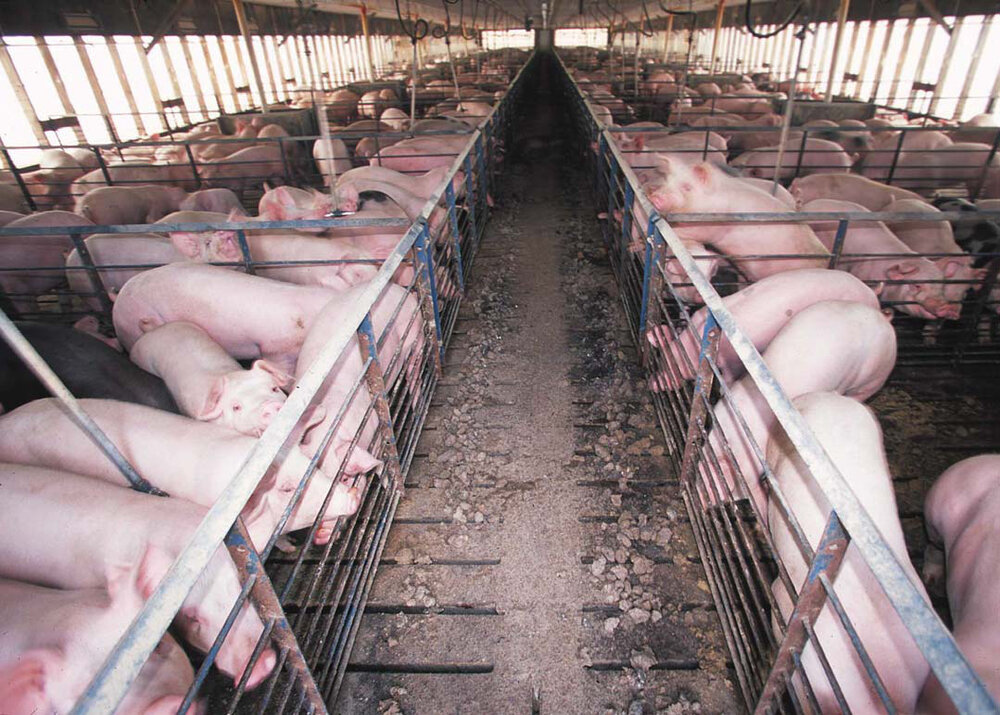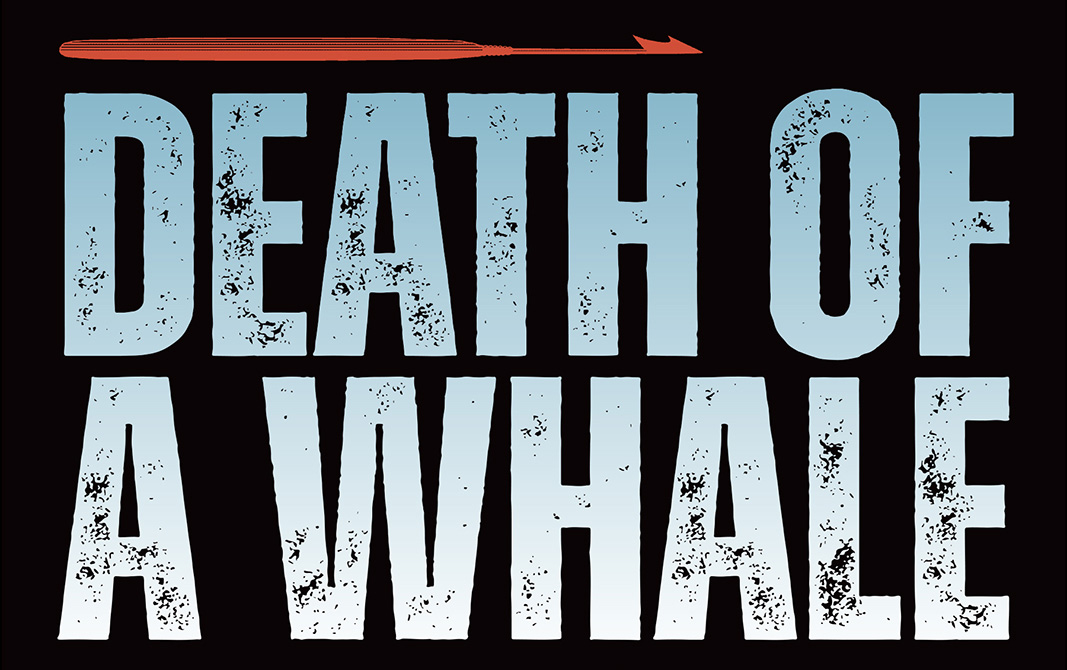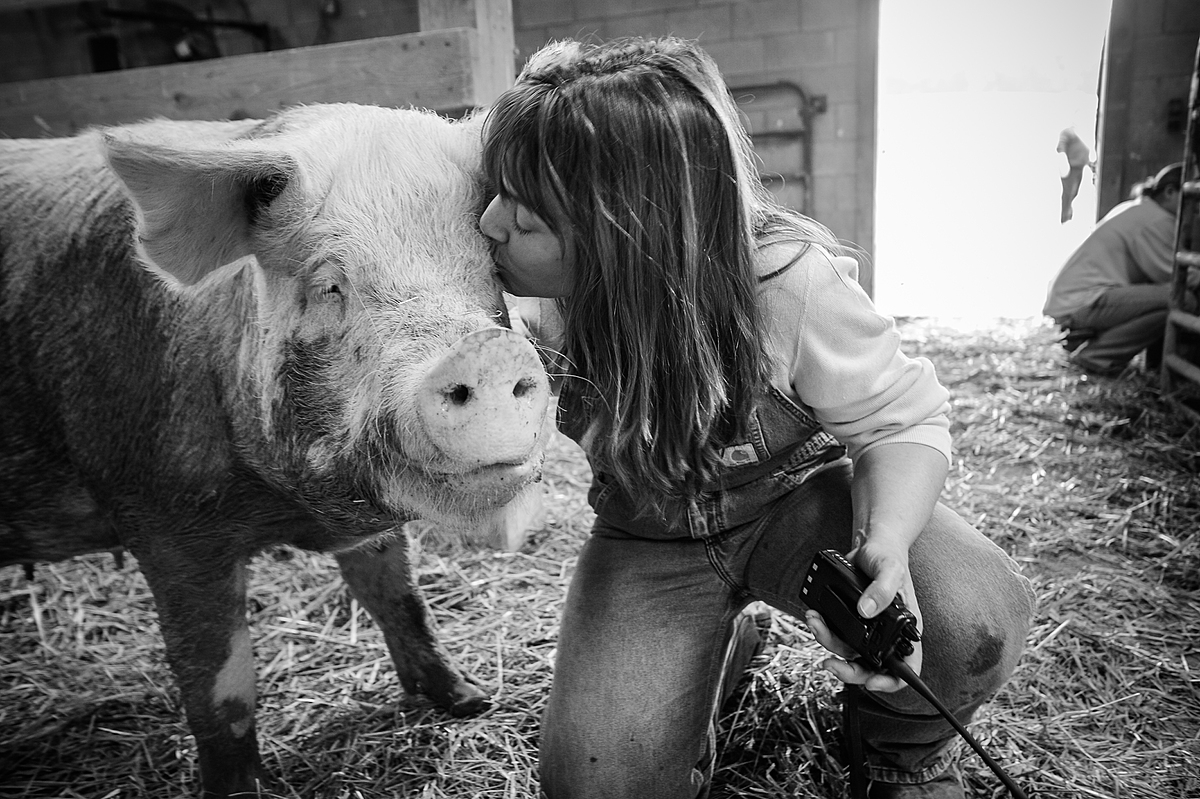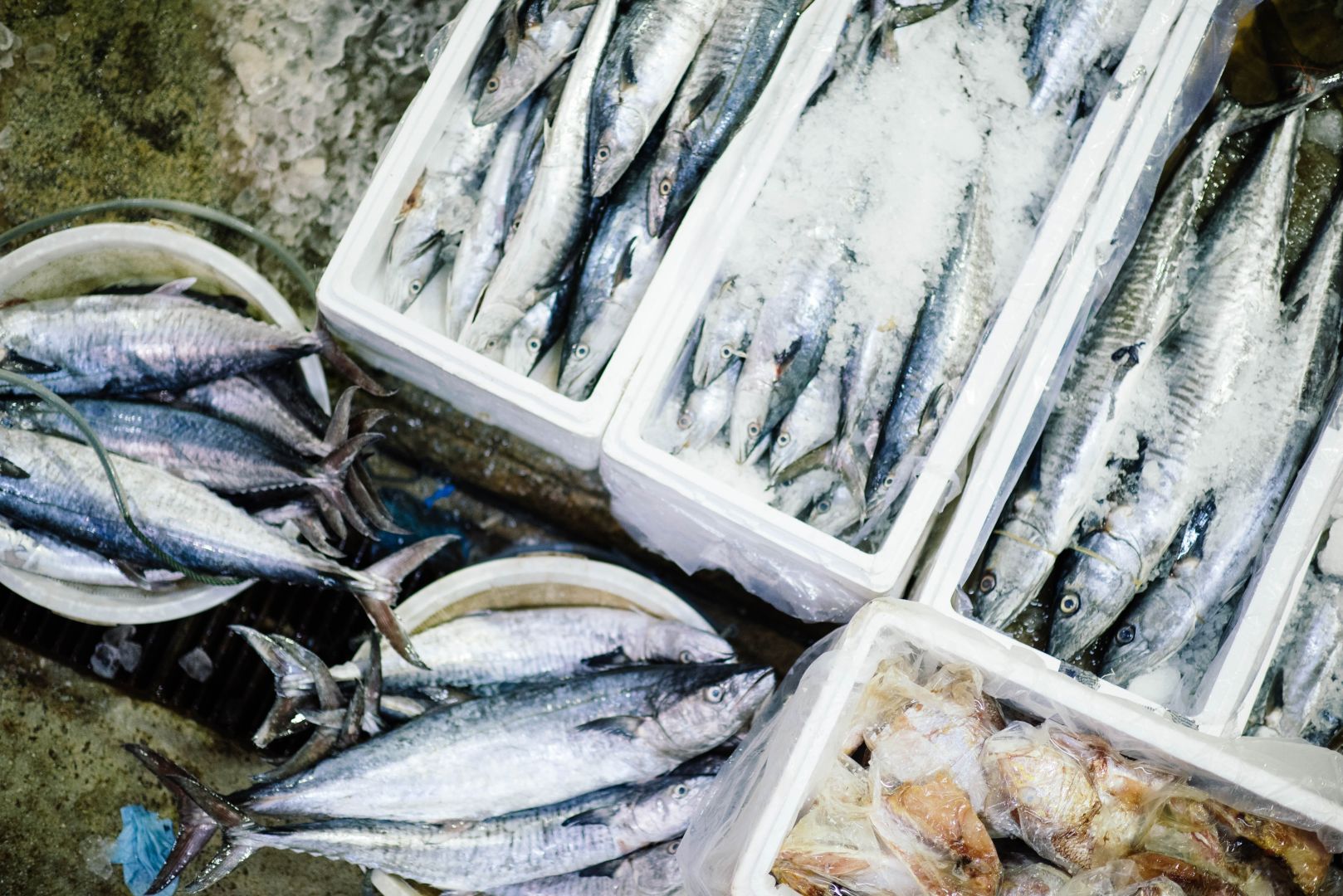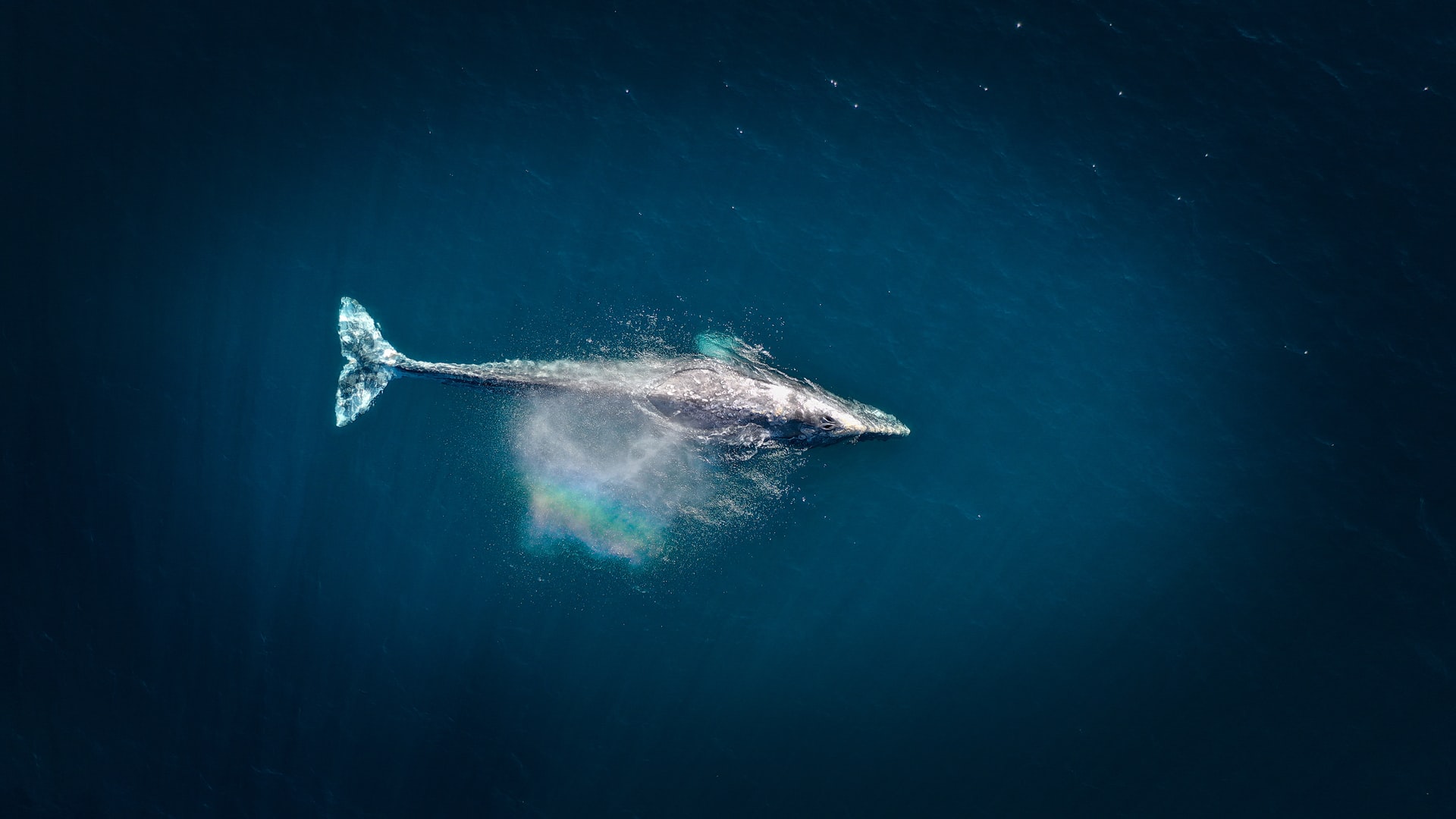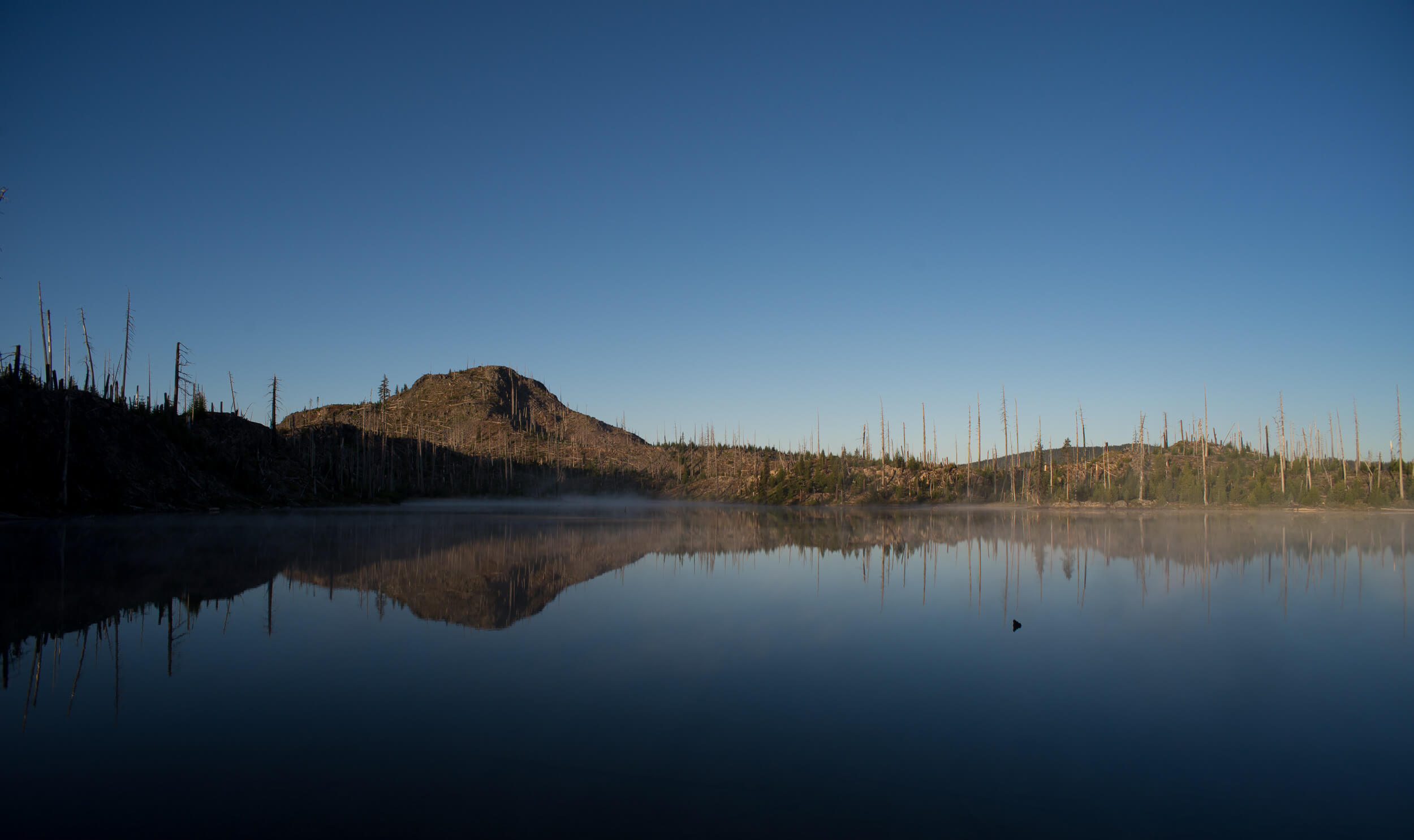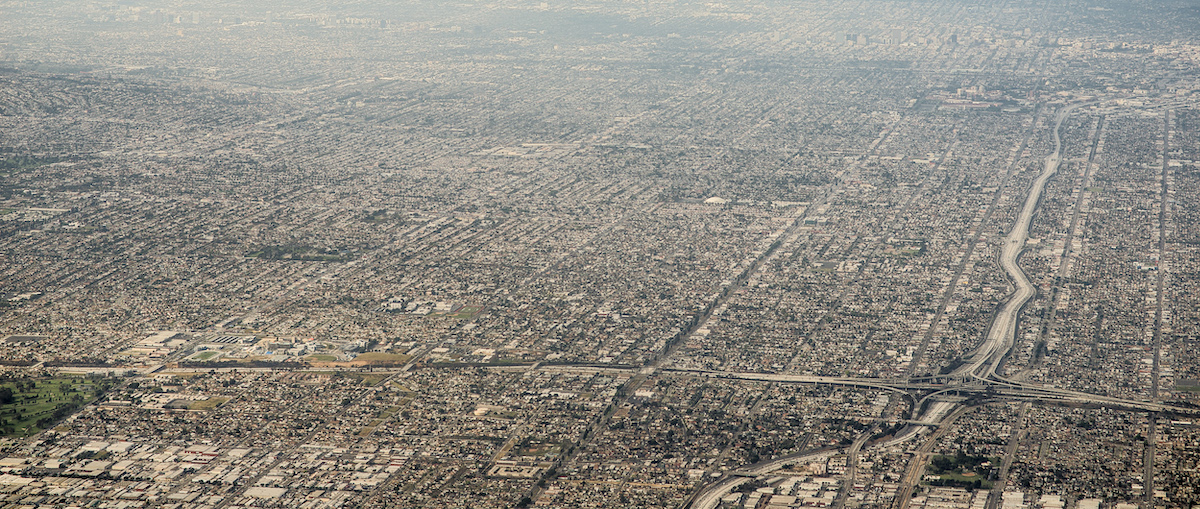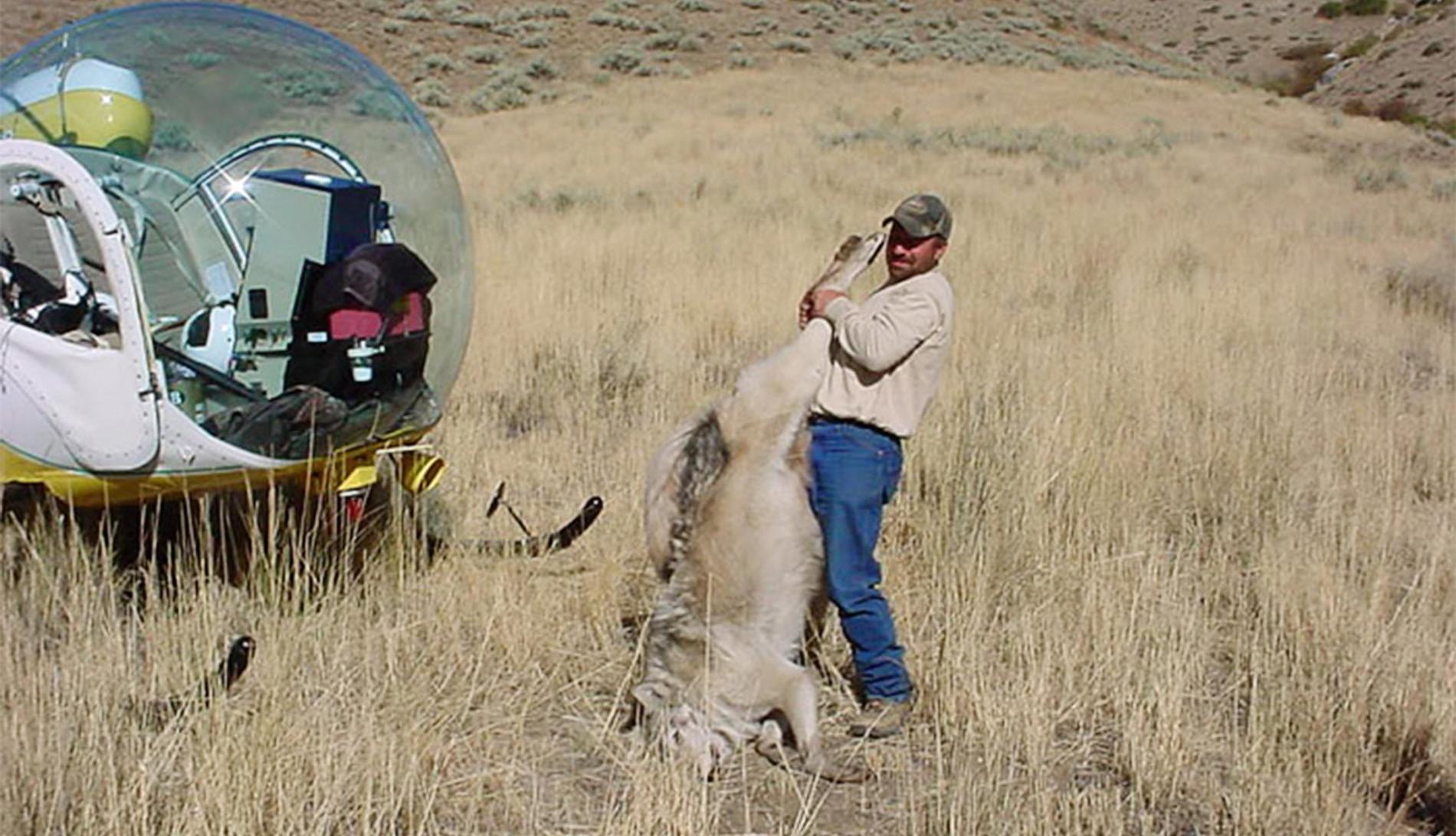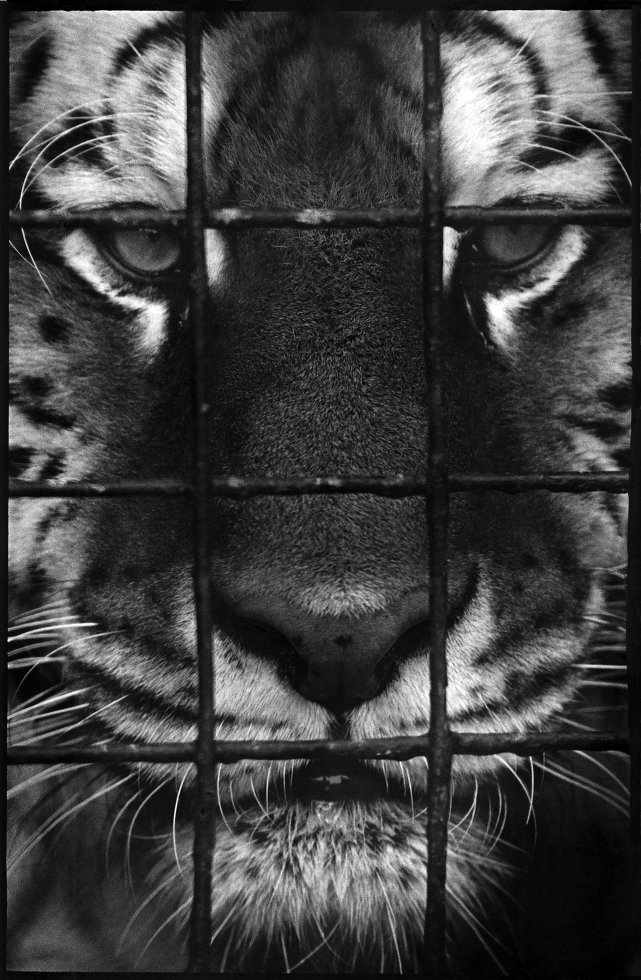Nicolas Casaux outlines the history of humankind, the domestication of animals, and how easily we share disease—the real origins of coronavirus.
By Nicolas Casaux
There’s an apocryphal aphorism, often attributed to Rousseau, which states that “Civilization is a hopeless race to discover remedies for the evils it produces”. Every day that passes is a new chance to realize this.
The spread of pandemics such as that of the Wuhan coronavirus is one of the many threats to which globalized techno-industrial civilization inevitably exposes itself; one of the many potential disasters it generates and which threatens to destroy it. However, it is vital to consider the real origins of pandemics such as this. As an article recently published on the website of the famous American History Channel points out, they constitute a recent phenomenon on the scale of human history, peculiar to “civilization”: “Communicable diseases existed during humankind’s hunter-gatherer days, but the shift to agrarian life 10,000 years ago created communities that made epidemics more possible. Malaria, tuberculosis, leprosy, influenza, smallpox and others first appeared during this period. The more civilized humans became, building cities and forging trade routes to connect with other cities, and waging wars with them, the more likely pandemics became.”
...
